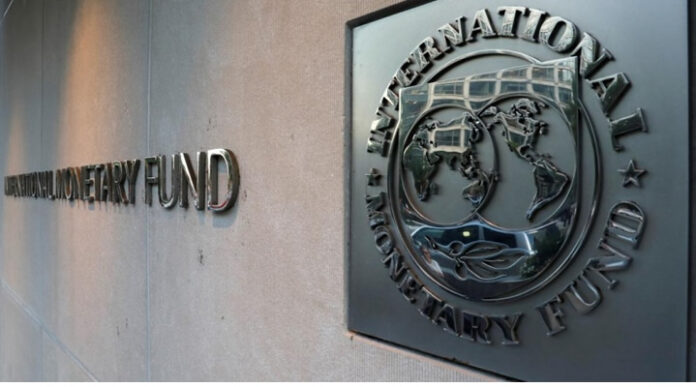Nigeria’s fiscal deficit is expected to rise to 4.7% of Gross Domestic Product (GDP) in 2025, according to the latest International Monetary Fund (IMF) report.
The projection signals persistent fiscal challenges despite the government’s continued reforms aimed at improving economic stability.
The projected rise in the deficit is largely attributed to the combination of reduced oil revenues and rising government expenditure, which could threaten Nigeria’s fiscal sustainability if not managed effectively.
According to the IMF report, “In the baseline, staff projects a consolidated fiscal deficit of 4.7 per cent of GDP in 2025. This is higher than the budget, owing to lower oil prices and production, and already reflects lower-than-budgeted capital expenditure.”
In 2024, Nigeria managed to bring down its fiscal deficit to 4.1% of GDP, from 4.8% in 2023, largely due to stronger revenue collection, supported by exchange rate depreciation, inflation, and administrative efforts.
The report read, “The consolidated government deficit measured from below the line improved to 4.1 percent of GDP, from 4.8 percent of GDP in 2023.”
However, the country’s fiscal deficit for 2025 is projected to surpass initial budgetary expectations due to ongoing global oil price volatility and challenges in domestic revenue generation.
The IMF staff report highlights that although Nigeria has made strides in increasing non-oil revenues through tax reforms, the oil sector’s performance continues to undermine fiscal stability.
The 2025 budget was based on optimistic assumptions regarding oil revenues, but with the recent downturn in oil prices and lower-than-expected production, the fiscal gap has widened.
Consequently, the government’s ability to meet its budgetary targets has been compromised, especially as expenditure, particularly capital spending, is set to exceed the country’s fiscal capacity. With global economic conditions remaining unpredictable, the need for recalibrating fiscal policies is increasingly urgent.

